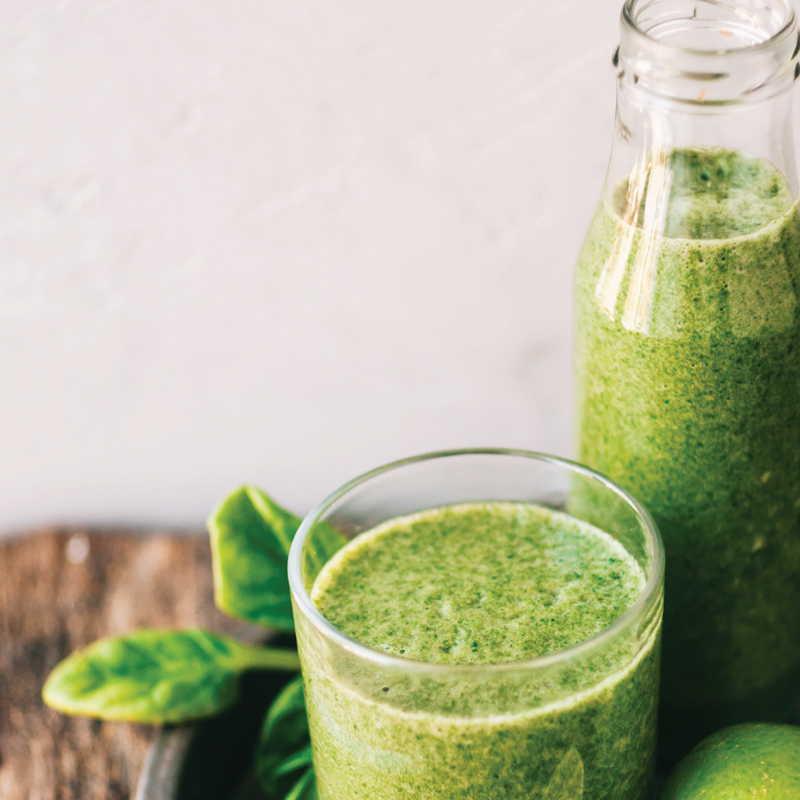
Why sleep is so important?
Why is sleep so important? If I could recommend everyone do just one thing to better their health, it would be to improve their sleep. Not just the amount of time spent sleeping, although that helps too, but the actual quality of sleep. More often than not I see patients who are severely sleep deprived and it’s rarer these days to find someone who has consistent quality sleep every night. Now being sleep deprived doesn’t necessarily mean you have insomnia, you become sleep deprived if you are getting less than 7 hours per night or if your sleep is broken and you wake throughout the night.
What happens when we sleep
When we sleep our mind and body have a reduced capacity to react to external stimuli, we effectively switch off to everything around us. However, whilst our body and mind may appear to be passively resting, internally almost every tissue, cell and system is busily working away repairing, restoring and cleaning out information and toxins. In our brain, sleep allows for important housekeeping to take place; removing toxins that have built up throughout the day, processing emotions and information, storing memories and creating new neural pathways.
There are two very important types of sleep – non-rapid eye movement (NREM) sleep and rapid eye movement (REM) sleep. NREM sleep helps the body to wind down allowing for deeper sleep so that we feel better rested the next day. There are several stages of NREM sleep, that get deeper as each stage progresses. NREM sleep is responsible for helping the body to physically heal, repair and regenerate tissues, process stress, solve problems, consolidate memories and boost the immune system. From NREM sleep we move into REM sleep, this stage is when brain activity increases, however at the same time our bodies go into a state of temporary paralysis, where only our eyes and the muscles used for breathing move. REM sleep is critical to our cognitive functioning, it is during this time we experience vivid dreams. REM sleep affects mood, memory and our ability to learn, it is during this essential stage that can improve both our memory recall and our capacity to learn new skills.
Factors affecting our sleep
We often don’t think about the importance of our sleep until just before our heads hit the pillow however every step of our day has the ability to impact our sleep. If you’ve experienced any sort of sleep disturbance whether that’s a racing mind, restless legs, a snoring partner, you will know that it doesn’t matter how much you will your mind to sleep, it just doesn’t work. Sleep loss is an important predictor of many health conditions, including but not limited to; cancer, Alzheimer’s disease, heart disease, stroke, diabetes, depression and suicide. The link between lack of sleep and cancer is so significant, that in 2019, the World Health Organisation classified night shift work as a probable carcinogen. There is not a system or process in the body that is not affected by sleep or lack of.
So what are the major factors that affect our sleep:
- Sunlight – the amount of natural light we are exposed to has a significant effect on our circadian rhythm and our ability to produce the darkness hormone melatonin. We need melatonin to signal to our body when it is time to sleep, it does this by reducing the alertness and lowering core body temperature.
- Caffeine – both the amount and the timing of caffeine will affect your sleep. Caffeine has a half -life of six hours, this means that after six hours we still have the equivalent of ½ a cup of coffee present in our blood.
- Medications – different medications can significantly impact sleep. For example; some anti-depressants decrease REM sleep. Ask your GP if you can modify when you take your medications. Simply swapping a night dose to be taken in the morning can work wonders for sleep.
- Alcohol – induces light sleep but impairs our ability to fall into deep restful sleep.
- Stress – persistent and chronic stress can lead to insomnia, the ability to regulate the stress hormone cortisol becomes impaired leading to a constant state of ‘fight or flight’, impairing the ability to relax and fall to sleep.
- Smoking – impairs the ability to fall into a deep restful sleep, heavy smokers will often wake after a few hours due to nicotine withdrawals.
- Sedation – sleeping pills and other sedatives unfortunately do not promote restful sleep and do not induce the restorative effects of deep sleep, whilst they are helpful to induce drowsiness in chronic cases of insomnia, they should not be relied on for quality restorative sleep.
Better sleep
There is so much we can do to help our sleep and it starts from the moment we wake. Our simple habitual daily choices are key to better quality sleep.
- Routine is key – Our body relies on our internal clocks, our circadian rhythm, to induce sleep and the best way to improve the reliability of these clocks is routine. Going to bed and waking at the same time every day (even on weekends) is imperative to long term quality sleep that improves overall wellbeing and health. Note: we do not have a sleep bank, if we miss sleep during the week we can’t then catch up on the weekend, once sleep is missed it is gone.
- Reduce caffeine – Minimise the amount of caffeine you have each day. If you drink coffee or caffeinated tea, aim to have the last one by midday. Swap your afternoon hot beverage for herbal tea or matcha. Note: matcha and green tea both contain caffeine, but they also contain the amino acid L-theanine. L-theanine promotes relaxation and alpha-brain waves (calming meditative state) and also works synergistically to lessen the excitatory effects of caffeine. So if you’re after a hot beverage that will improve your concentration and focus without the coffee jitters, look no further than matcha or green tea!
- Get outside – natural sunlight exposure is key to improving our circadian rhythm, our internal body clocks. Head outside, ideally in the morning, for at least 30 minutes every day. Light waves enter our eyes sending signals to our pineal gland which then signals to the body to produce hormones and chemicals. One of which is serotonin, our happy awake hormone. Serotonin is also required for the production of melatonin, our sleeping hormone.
- Dim the lights and avoid screens – fluorescent office lights, smart phones, computers all emit light, but unlike sunlight, this type of light can be disruptive to our circadian rhythms. Artificial light doesn’t produce feel good hormones like natural sunlight does, instead it confuses our internal clocks into thinking it’s midday rather than 7pm. Aim to stop using screens at least one hour before bed and as soon as the sun goes down swap the ceiling lights for lamps for soft lighting that will mimic the sun setting.
- Food matters – avoid having a big heavy meal right before bed. Aim to have your biggest meal of the day at lunch, and opt for a lighter meal at dinner, at least two hours before bed. Ensure your daily food intake includes lots of nutrient dense natural wholefoods including enough protein and healthy fats, both of which are integral to healthy brain chemistry that support our circadian rhythms.
- Set the bed time scene – make your bedroom a tranquil environment, leave your phone and devices in another room, ensure your room is nice and dark and cool. Our body temperature drops significantly right before we drift off to sleep so ideally you want your room no warmer than 18 degrees. It sounds silly, but to help you can take a hot bath or shower right before bed, this will draw the core heat out to your extremities making it easier to drift off to sleep.
Chronic sleep issues can be debilitating and there is no need to suffer in silence. There really is so much that can be done to improve sleep with simple lifestyle tweaks, nutritional advice and even supplementation when required. If you suffer with sleep issues please reach out to us, we would love to help and get you feeling energised and refreshed. Call us on 02 4961 4075 and book a free mini phone consult with one of our Herb Bar Naturopaths.
Yours in health,
Samantha Wilson







